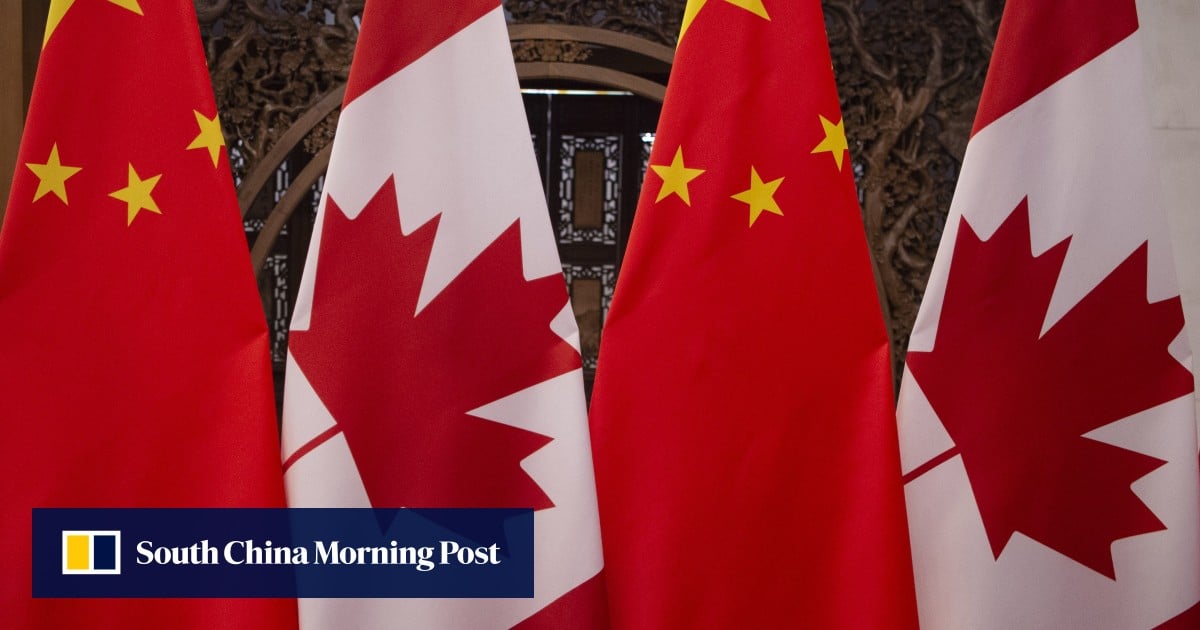


The activity that could land someone on the registry include lobbying a public official, advertising to the public or distributing funds on behalf of “foreign principals”, which could mean a foreign government or other proscribed foreign organisations.
There are several exemptions, including for people who hold a valid diplomatic passport. The government will also create a new commissioner office to oversee the registry and related laws.
In addition, the law will strengthen criminal statutes around sabotage directed at “essential infrastructure”, create new criminal offences for carrying out certain kinds of foreign interference activities and make it easier for security agencies to issue warnings about foreign interference based on classified information.
Over the past few months, a public inquiry has been digging into allegations China meddled in the last two Canadian elections in an attempt to get Beijing-friendly candidates elected.
On Friday the inquiry produced a report concluding there were likely some interference activities, but they did not affect the overall result or undermine the integrity of the elections.
“On May 3, the commissioner of Canada’s Foreign Interference Commission released its initial report, once again harping on the same old tune of attacking China for interfering in Canada’s internal affairs,” the Chinese embassy in Ottawa said in a statement on Friday.
“We express our strong dissatisfaction and firm opposition to this.”
It said the report “smears China” by saying the country was the biggest foreign intelligence threat to Canada.
“China has consistently upheld the principle of non-interference in other countries’ internal affairs. We have never meddled in Canada’s internal affairs, nor do we have any intention to do so,” it said.
“We urge the Canadian side to respect the facts, abandon ideological bias, and stop groundlessly attacking China.”
Ties between Ottawa and Beijing soured with the 2018 arrest, at US behest, of Meng Wanzhou, chief financial officer of Chinese telecoms giant Huawei.
Days after her arrest, two Canadians – businessman Michael Spavor and former diplomat Michael Kovrig – were arrested in China on what Canada said were trumped-up charges intended as retaliation for Meng’s detention.
Additional reporting by Victoria Bela and Agence France-Presse